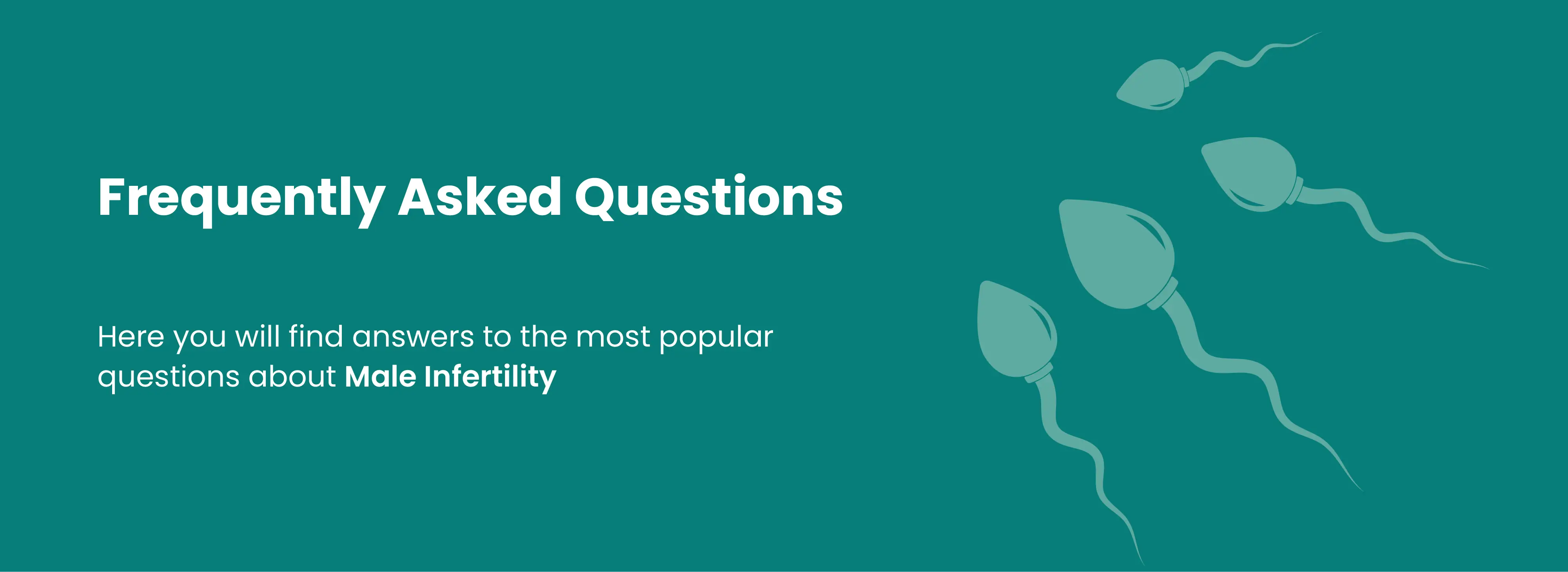You can start changing your lifestyle to improve your sperm count. Maintaining a healthy weight and a balanced diet can help. Some supplements, such as vitamin D, folic acid, zinc, and CoQ10, may also be beneficial. Quitting smoking and alcohol, managing stress, and getting enough sleep can also improve sperm health. Sometimes medications and nutritional supplements are also suggested by an infertility specialist to
improve sperm count and health.

